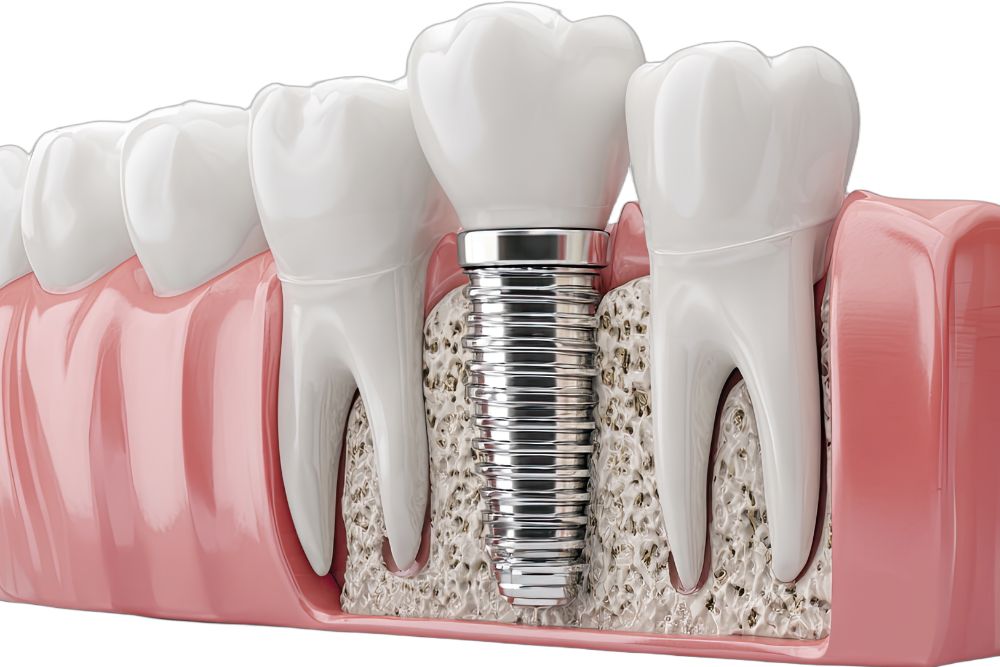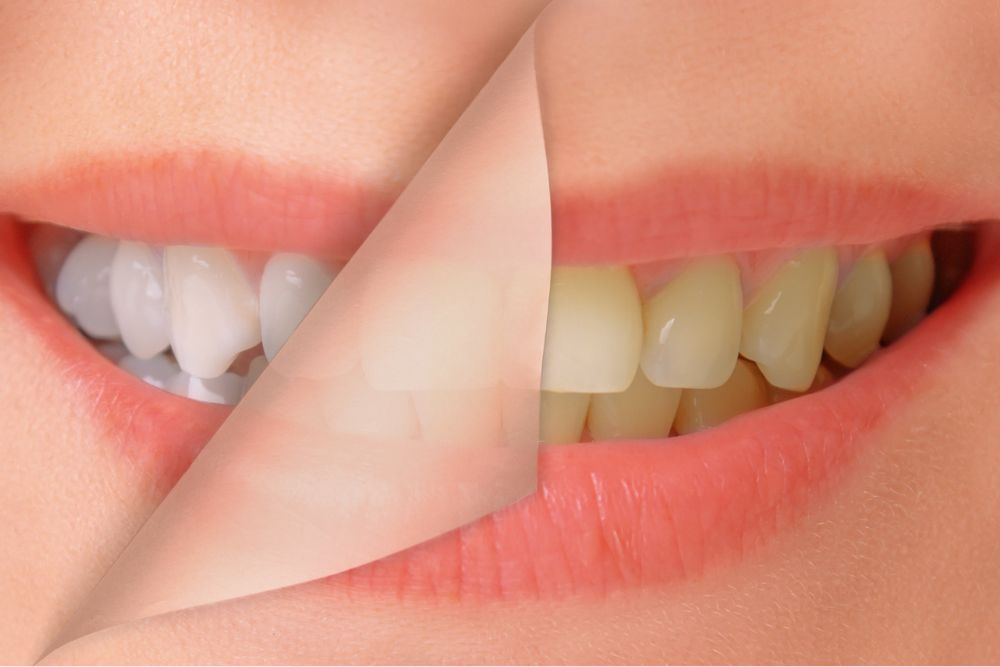What is the Root Canal?
Overall, a root canal procedure aims to save a damaged or infected tooth by removing the diseased pulp tissue, cleaning the root canals, and sealing them to prevent further infection. With advances in dental techniques and technology, root canals are now more comfortable and effective than ever, allowing patients to preserve their natural teeth and enjoy improved oral health.
A root canal is a dental procedure performed to treat and save a tooth that is severely infected or decayed. Inside each tooth, beneath the hard enamel and dentin layers, there is a soft tissue called the pulp. The pulp contains nerves, blood vessels, and connective tissue that help the tooth grow and develop.
When the pulp becomes infected or inflamed due to deep decay, repeated dental procedures on the tooth, or trauma, it can cause severe pain and lead to abscess formation if left untreated. A root canal procedure involves removing the infected or damaged pulp tissue, cleaning and disinfecting the inside of the tooth (the pulp chamber and root canals), and then filling and sealing the space to prevent further infection.
By removing the infected pulp and sealing off the tooth, a root canal can effectively save the tooth from extraction while relieving pain and restoring function. After the root canal procedure, the tooth may require a permanent filling or crown to strengthen and protect it, depending on the extent of damage. Overall, root canals are a common and highly successful dental treatment that allows patients to preserve their natural teeth and maintain oral health.
How is a root canal done step by step?
Preparation: The dentist begins by administering local anesthesia to numb the affected tooth and surrounding area. This ensures that you remain comfortable throughout the procedure.
Accessing the Tooth: Once the area is numb, the dentist isolates the tooth using a rubber dam to keep it dry and free from saliva. Then, they create a small opening in the crown of the tooth to access the pulp chamber and root canals.
Cleaning and Shaping: Using specialized instruments called files, the dentist carefully removes the infected or damaged pulp tissue from the pulp chamber and root canals. They also clean and shape the inside of the canals to remove any debris and bacteria.
Irrigation: Throughout the procedure, the dentist irrigates the canals with antibacterial solutions to disinfect and flush out any remaining debris.
Filling the Canals: Once the canals are thoroughly cleaned and shaped, they are filled with a biocompatible material called gutta-percha to seal them and prevent bacteria from re-entering. The dentist may also use a sealer to ensure a tight seal.
Restoration: After the root canal is completed, the dentist fills the access opening in the crown of the tooth with a temporary or permanent filling material. In some cases, a dental crown may be recommended to strengthen and protect the tooth, especially if it is extensively damaged or weakened.
Follow-Up: Depending on the severity of the infection and the complexity of the procedure, you may need to schedule a follow-up appointment to check the healing progress and, if necessary, place a permanent restoration such as a crown.

Do Root Canals Hurt?
Root canals are often associated with the perception of pain, but in reality, the procedure itself is designed to alleviate pain rather than cause it. With modern techniques and local anesthesia, the vast majority of patients report little to no discomfort during a root canal procedure.
After the procedure, it is common to experience some mild discomfort or sensitivity, particularly in the days following the treatment. This can usually be managed with over-the-counter pain medication and typically subsides within a few days as the tooth heals.
While root canals may have a reputation for being painful, advances in dental techniques and anesthesia have made the procedure relatively comfortable for most patients. If you have concerns about pain or discomfort during a root canal, don’t hesitate to discuss them with your dentist, who can address any questions or provide additional reassurance.
Can Root Canals Fail?
Yes, root canals can fail, although it is relatively uncommon. Root canal failure occurs when the treated tooth does not heal properly or experiences complications after the procedure. Several factors can contribute to root canal failure, including:
Inadequate cleaning and sealing: If the dentist does not thoroughly clean the infected pulp or properly seal the root canals, bacteria may persist or re-enter the tooth, leading to persistent infection.
Complex root canal anatomy: Some teeth have intricate or curved root canal anatomy that makes thorough cleaning and sealing more challenging. In such cases, it may be difficult to completely remove all infected tissue, increasing the risk of failure.
Undetected additional canals: In some instances, the dentist may overlook additional root canals during the initial procedure, leaving behind infected tissue that can cause reinfection.
Fractured tooth: A tooth that is weak or structurally compromised may fracture or develop cracks over time, allowing bacteria to enter the root canal system and cause reinfection.
Persistent infection: In rare cases, the infection may persist despite proper treatment, especially if the tooth is located in an area with poor blood supply or compromised immune response.
New decay or damage: If the treated tooth is not properly maintained with good oral hygiene practices or experiences new decay or trauma, it may become reinfected and require retreatment.
While root canal failure is uncommon, it is essential to be aware of the signs and symptoms that may indicate a problem, such as persistent pain, swelling, or drainage from the treated tooth. If you experience any of these symptoms, it is important to contact your dentist promptly for evaluation and possible retreatment. With timely intervention, many cases of root canal failure can be successfully addressed, allowing the tooth to be saved and restored to health.
Don’t let tooth pain or infection compromise your smile any longer. Schedule a consultation with us today to learn more about how root canal treatment at Ararat Dental can help restore your oral health and confidence.







